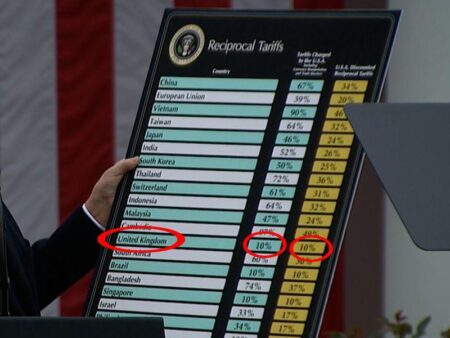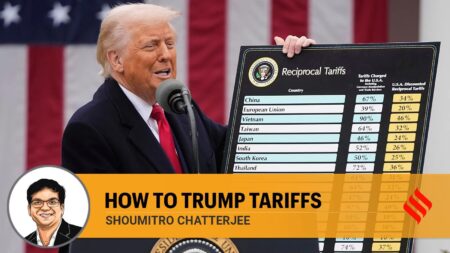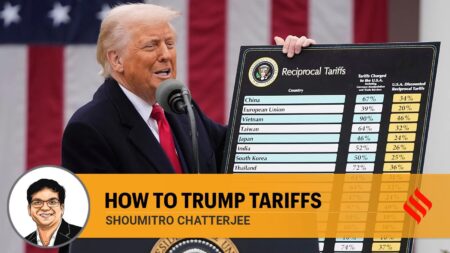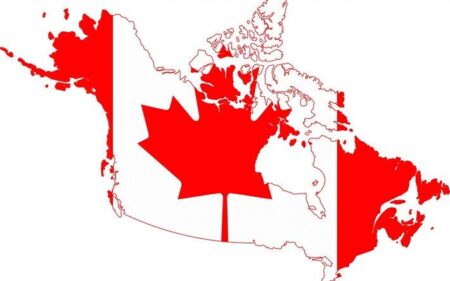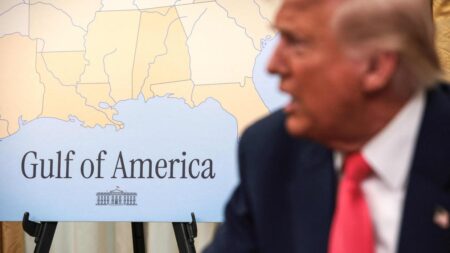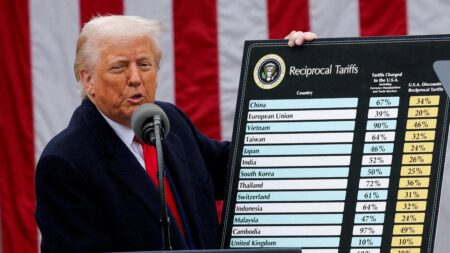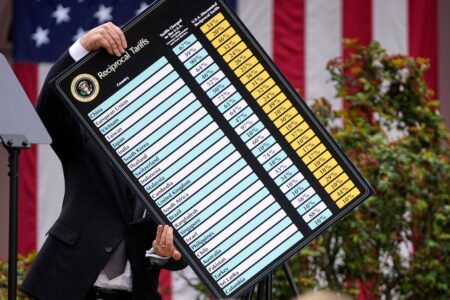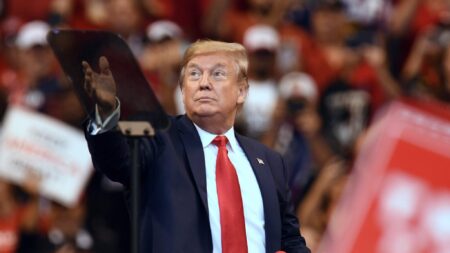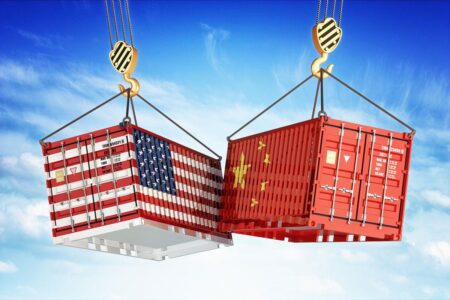The Biden administration announced that tariffs on Chinese imports have reached a staggering 145%, a significant escalation in trade tensions between the two nations. This move aims to address ongoing concerns over China’s trade practices and economic policies.
Browsing: international trade
In a surprising move, President Trump announced a temporary pause on escalating tariffs, allowing for a 90-day window for negotiations. However, he simultaneously raised China’s levy to an unprecedented 125%, intensifying ongoing trade tensions.
In a significant development, Bessent has been appointed to spearhead trade negotiations with Japan, as reported by the Wall Street Journal. This move aims to strengthen economic ties and address key trade issues between the two nations.
German chancellor-designate Friedrich Merz emphasized the advantages of EU unity in response to shifting Trump tariffs. He highlighted that a coordinated stance among member states can better protect their economies against external pressures.
In response to the U.S. imposing tariffs on Canadian auto imports, Canada has announced reciprocal measures aimed at protecting its automotive industry. The move escalates trade tensions, as both nations confront the growing impact on their economies.
Recent surveys by the Pew Research Center reveal shifting American attitudes towards trade. While views on trade with Canada and Mexico remain largely positive, concerns about the U.S.-China trade relationship have intensified, reflecting broader economic anxieties.
In a recent escalation of trade tensions, Trump’s proposed tariffs on Chinese goods are set to significantly impact ‘Main Street’ U.S. businesses that rely on Amazon. Experts warn that increased costs could crush small retailers struggling to compete.
In a striking revelation, Donald Trump’s trade chief made a four-word admission that could explain Australia’s recent trade challenges. This unexpected statement raises questions about underlying motives behind Australia’s position in ongoing negotiations.
Japan has positioned itself at the forefront of tariff negotiations with the U.S., seeking to bolster trade ties amid shifting global dynamics. The move underscores Tokyo’s proactive approach in addressing economic challenges and enhancing bilateral relations.
Starting April 9, Canada will implement counter-tariffs on U.S.-made vehicles. This move targets a range of automobiles and auto parts, potentially raising prices for consumers and impacting trade relations between the two nations.
Reciprocal tariffs imposed by the Trump administration, alongside additional levies on Chinese imports, officially took effect today. These measures aim to address trade imbalances, but concerns rise over their potential impact on economic relations and consumers.
Brazil could emerge as a significant beneficiary of the U.S. tariffs on imports, economists suggest. As American companies seek alternative suppliers, Brazilian exports in agriculture and manufacturing may see a substantial boost.
In a bold move, former President Donald Trump has threatened to impose an additional 50% tariff on Chinese imports, potentially driving total tariffs beyond the 100% mark. This escalation raises concerns about the impact on U.S.-China trade relations and global markets.
As Trump-era tariffs pose a challenge, Argentina is intensifying efforts to secure a trade deal in Washington. Officials aim to bolster economic ties and mitigate potential impacts of U.S. tariffs on Argentine exports, highlighting the urgency of negotiations.
In a recent statement, Treasury Secretary Bessent criticized China’s recent aggressive actions, labeling them a “big mistake.” He emphasized that the country is operating from a “losing hand,” signaling potential economic repercussions amid rising tensions.
In a significant split among Alaska’s congressional delegation, Senator Lisa Murkowski voted to oppose tariffs on Canadian goods, arguing they harm local economies. Meanwhile, Senator Dan Sullivan supported the tariffs, emphasizing national trade interests.
Despite the recent decline in the Australian dollar and stock market, experts warn that the United States stands to lose the most from Trump’s escalating tariff war. Analysts emphasize that unintended consequences may hit American consumers and producers hardest.
China and the U.S. are witnessing a surge in petrochemical trade, fostering closer ties amid an evolving global market. However, escalating tensions from the ongoing trade war could jeopardize these developments, casting uncertainty on future cooperation.
China has announced a 34% tariff on various U.S. imports in response to recent trade policies, escalating tensions between the two economic powerhouses. Analysts warn this move could further strain bilateral relations and impact global markets.
Brazil is considering “all possible actions” in response to new legislation in Congress that could pave the way for trade retaliation. This move comes amid growing tensions over trade practices, highlighting the country’s commitment to protecting its economic interests.

